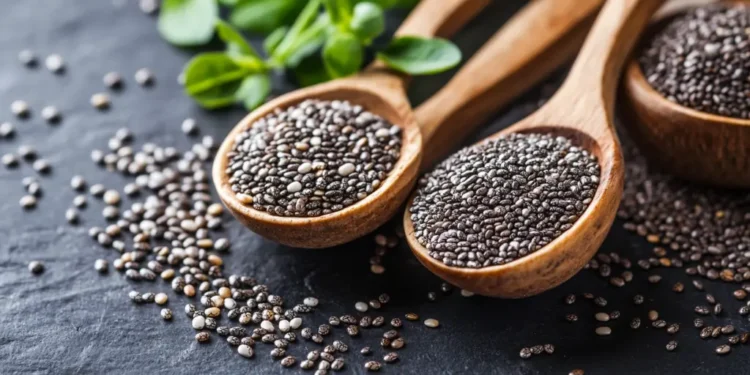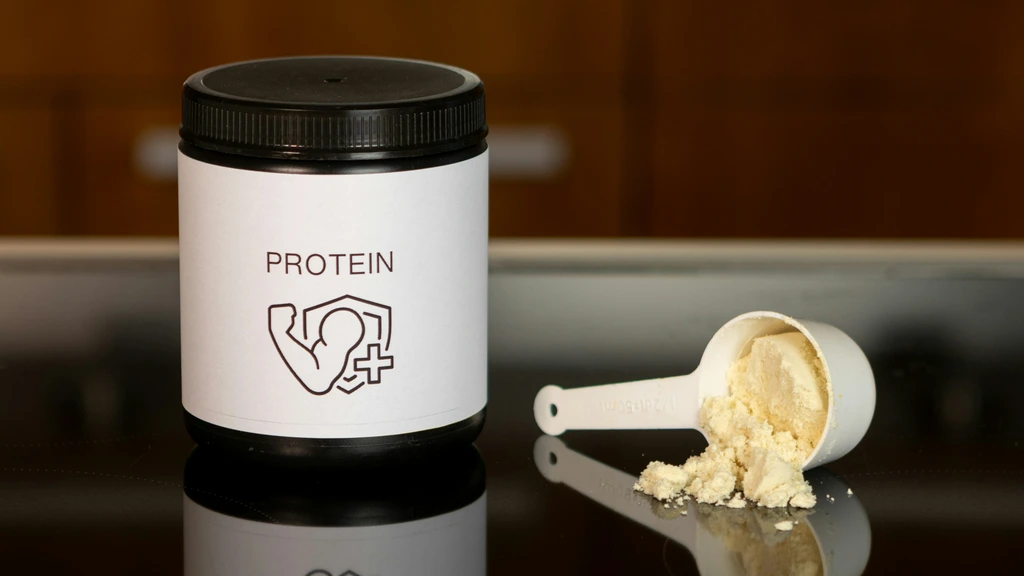When it comes to superfoods, chia and flax seeds are often at the top of the list. Both are hailed for their numerous health benefits and versatility in the kitchen. But when it comes down to it, which one is really the champion of health? Let’s explore the nutritional profiles, benefits, and culinary uses of these tiny powerhouses to find out.
Nutritional Powerhouses
Chia Seeds are well-known for their rich nutritional profile. They are packed with omega-3 fatty acids, antioxidants, fiber, and essential minerals.
- Omega-3 Fatty Acids: Chia seeds are an excellent plant-based source of omega-3, specifically ALA (alpha-linolenic acid), which is crucial for heart and brain health.
- Fiber: Just two tablespoons of chia seeds provide around 10 grams of fiber, which aids digestion and promotes satiety.
- Minerals: Chia seeds are rich in calcium, magnesium, and phosphorus, supporting bone health.
Flax Seeds, on the other hand, have their own unique set of nutrients.
- Omega-3 Fatty Acids: Like chia seeds, flax seeds are rich in ALA, promoting cardiovascular health.
- Lignans: Flax seeds are exceptionally high in lignans, which have antioxidant properties and may play a role in cancer prevention.
- Protein and Fiber: Flax seeds offer both protein and fiber, supporting metabolism and digestive health.
Health Benefits
Both chia and flax seeds offer numerous health benefits, but there are some distinctions worth noting.
Antioxidant Properties and Heart Health
Chia Seeds: Due to their high antioxidant content, chia seeds help fight oxidative stress, reducing the risk of chronic diseases. Their soluble fiber lowers LDL cholesterol, improving overall heart health.
Flax Seeds: The lignans and omega-3s in flax seeds are beneficial for heart health, and studies suggest they help reduce blood pressure and balance cholesterol levels.
Weight Management and Digestion
Chia Seeds: High fiber content in chia seeds supports digestion and promotes a feeling of fullness, aiding in weight management.
Flax Seeds: The fiber in flax seeds also aids in digestibility and may help prevent constipation, one of its standout digestive benefits. Flax seed’s unique mucilaginous fiber may also help soothe the digestive tract.
Culinary Uses and Preferences
Incorporating chia and flax seeds into your diet can be both versatile and flavorful.
Chia Seeds can be used in various recipes, from smoothies to puddings. When soaked, they form a gel-like consistency, making them perfect for creating nutritious chia seed puddings or as an egg substitute in baking.
Flax Seeds, when ground, are easily digestible and can be added to baked goods, smoothies, or cereals. It’s crucial to consume ground flax seeds as whole seeds often pass through the digestive system without being absorbed.
Making the Choice: Chia or Flax?
Ultimately, choosing between chia and flax seeds comes down to personal preference and dietary needs. Both seeds bring significant health benefits to the table, each with its unique nutritional strengths. Many people find that incorporating both into their diets is the ideal way to harness the benefits of these superfoods.
If you’re looking for more antioxidants and an easy way to improve heart health, chia seeds might have the edge. However, if you’re drawn to the perceived cancer-fighting properties and specific digestive benefits, flax seeds could be more suited to your needs.
Whichever you choose, it’s clear that chia and flax seeds are both worthy additions to a health-conscious lifestyle, providing an array of nutrients that support overall well-being.











Discussion about this post